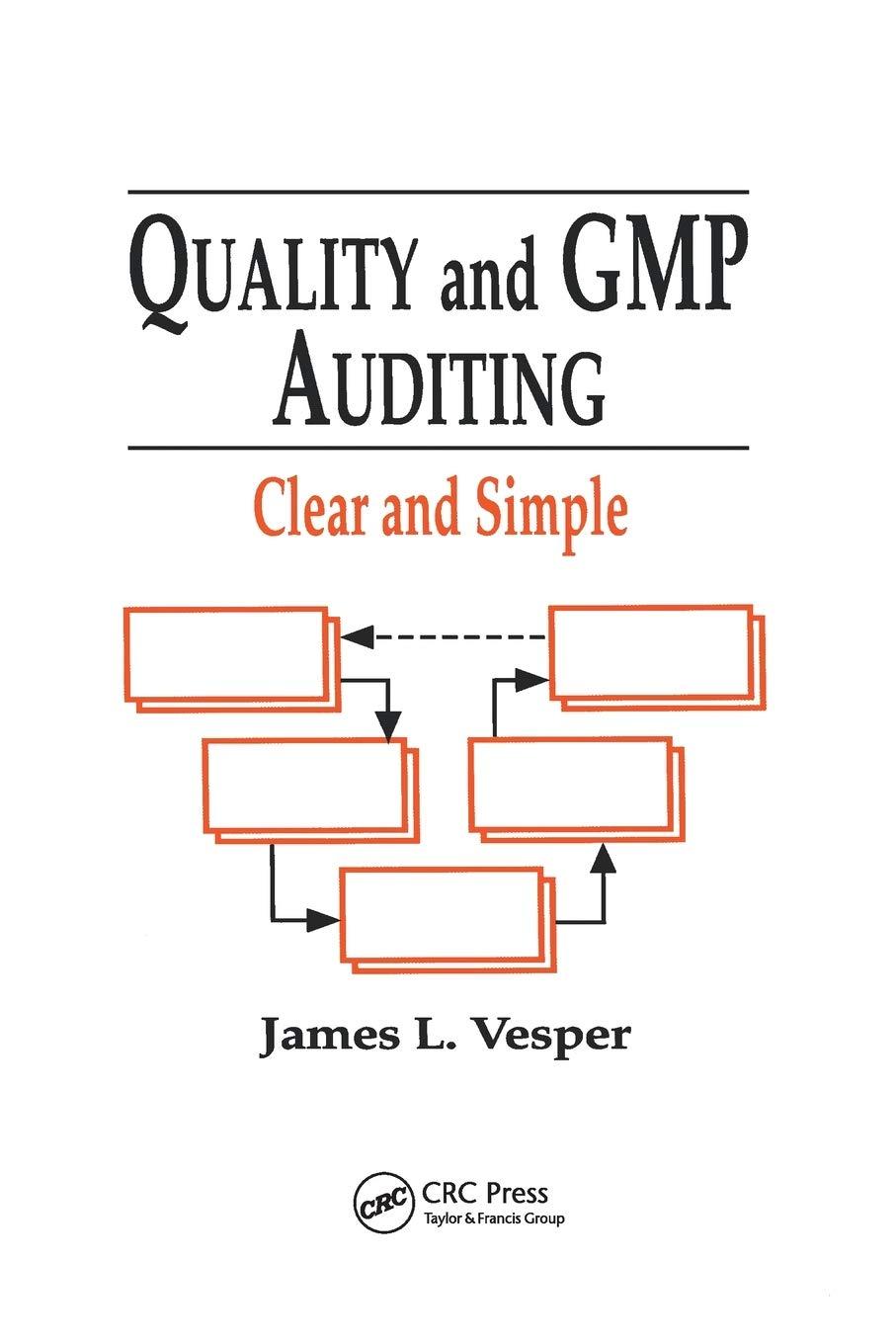Question
Scenario In February, Patricia Jones purchased a local fitness center. When she bought the company, it normally charged $1,500 for single-year memberships. One of Patricias
Scenario In February, Patricia Jones purchased a local fitness center. When she bought the company, it normally charged $1,500 for single-year memberships. One of Patricias first actions after the purchase was to begin selling three-year memberships for $3,000, which the center would collect in full in the first year. If necessary, a prospective member could take out a loan provided by special arrangement with a local bank. By the end of the year, 250 members were participating in the three-year plan.
At the end of the year, Patricia told her accountant she had membership revenue of $750,000 ($3,000 250 members), all collected in cash. Her accountant said that the fitness center should not declare the entire amount in the first year, but rather spread it out equally over three years to better match when members receive the benefit of the service. Patricia disagrees, and cites generally accepted accounting principles: Profit is deemed to be realized when a sale in the ordinary course of business is affected, unless circumstances are such that collection of the sale price is not reasonably assured.
Whom would you support in this dispute? Why?
What are the ethical implications of the position you did not choose?
Would you change your answer if the $3,000 membership fee were nonrefundable? Why or why not?
Step by Step Solution
There are 3 Steps involved in it
Step: 1

Get Instant Access to Expert-Tailored Solutions
See step-by-step solutions with expert insights and AI powered tools for academic success
Step: 2

Step: 3

Ace Your Homework with AI
Get the answers you need in no time with our AI-driven, step-by-step assistance
Get Started


